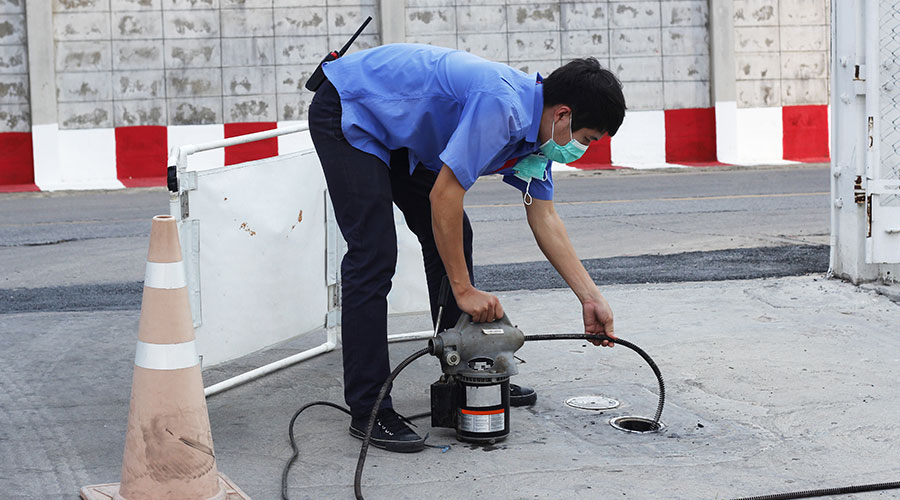Maintenance Strategies for Success: Prevent, Predict or React?
By Dan Hounsell, Editor-in-Chief
OTHER PARTS OF THIS ARTICLEPt. 1: This Page
Success in maintenance involves knowing what will happen, we’re told.
The concept of preventive maintenance requires that maintenance and engineering managers and technicians monitor facilities, systems and equipment so closely that they know where to look to find small problems before they can become larger, costlier headaches. Predictive maintenance goes further, requiring that managers and technicians know not only where a problem will arise but when, and then take steps to avoid it.
These strategies are worthwhile, and managers in institutional and commercial facilities have incorporated some, if not many, elements of each into department operations. But any manager, even one relatively new to the profession, knows that facilities, systems, equipment and especially people can muck up the best-laid plans. Managers can go to great lengths to prevent and predict trouble, but sometimes, it happens.
Savvy managers quickly realize that it pays to plan for the unexpected. In the case of facilities, systems and equipment, that means devoting at least some resources to reactive maintenance. Doing so is an acknowledgment that even with the best data and the latest software and diagnostic tools, managers and technicians cannot know everything the future holds.
Managers who fail to prepare for unexpected trouble are more likely to respond with chaos and confusion and probably waste time and resources doing so. Managers are more likely to succeed if they embrace reactive maintenance by budgeting for the training and tools that technicians need to respond quickly to any unexpected problem.
It turns out that success in maintenance really means knowing what to do no matter what happens, or when.
Related Topics:












